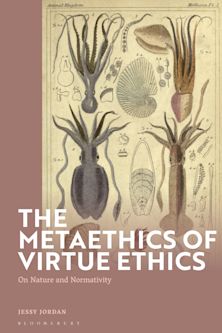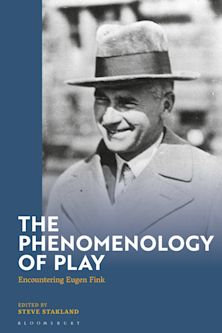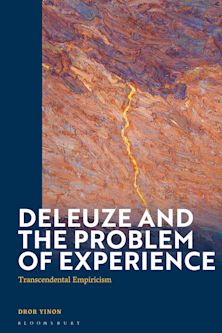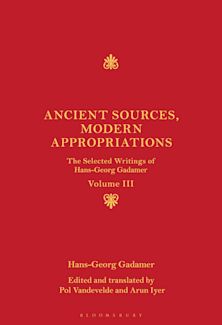Karl Jaspers on Truth and Dialogue
A Rethinking of His Philosophy of Universal Communication
Karl Jaspers on Truth and Dialogue
A Rethinking of His Philosophy of Universal Communication
This product is usually dispatched within 1 week
- Delivery and returns info
-
Free US delivery on orders $35 or over
Description
The German philosopher Karl Jaspers was moved by the possibilities of global understanding throughout his life and penetrated it more deeply than any other thinker before him. Anton Hügli argues that Jaspers' petition to not proclaim a new doctrine,-but to continue thinking along the path taken by the great philosophers of the past,-is itself an expression of his unconditional will to communicate. The limits of communication that Jaspers shows us are not accidental psychological and sociological obstacles to understanding, but limits that we humans encounter as humans: we want to communicate what cannot be communicated.
Instead of an understanding based on a truth that can be understood by all, there is a struggle between the powers of faith. How we can communicate with one another and work for peace and unity in the world? This ultimate question requires a twofold clarification: on the one hand, of the nature of the objects that have always been considered inexpressible, the human's individual existence and God as the ultimate One, and on the other hand, of the faculty in us that allows us to think things that cannot be thought.
Table of Contents
Abbreviations
Introduction
1. A First Approach to Karl Jaspers
2. The Modes of Encompassing and Their Different Sense of Truth
3. Choosing One's Self - An Approach to the Concept of Existence
4. Loneliness (Einsamkeit) and Communication
5. Encounters with Transcendence
6. Jaspers' Notion of Illumination of Reason
7. The Decision Between Direct and Indirect Communication
8. Jasper's Philosophy as an Expression of His Unconditional Will to Communicate
9. The Idea of the One and Negative Theology
10. Philosophical Faith
11. Democracy as Self-Education. The Will to Unconditional Communication in Politics
Summary
Bibliography
About the Author
Product details
| Published | Jan 29 2025 |
|---|---|
| Format | Hardback |
| Edition | 1st |
| Extent | 238 |
| ISBN | 9781793649126 |
| Imprint | Lexington Books |
| Dimensions | 9 x 6 inches |
| Series | Contemporary Studies in Idealism |
| Publisher | Bloomsbury Publishing |

ONLINE RESOURCES
Bloomsbury Collections
This book is available on Bloomsbury Collections where your library has access.


































